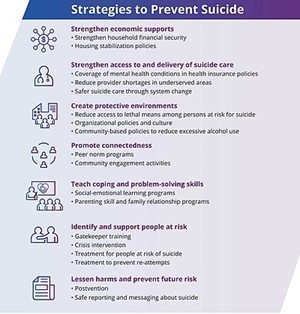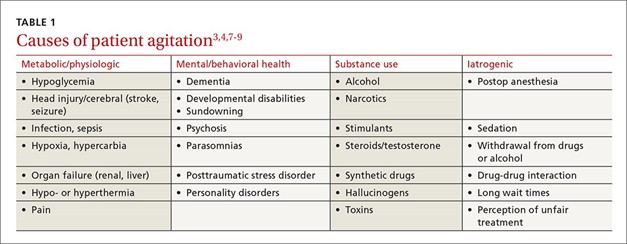A client is diagnosed with cancer and is told that surgery followed by chemotherapy will be necessary. The client states to the nurse, "l have read a lot about complementary therapies. Do you think I should try any?" The nurse should respond by making which appropriate statement?
Select one:
"Let's talk more about the different forms of complementary therapies."
"l really don't know, you need to ask your health care provider about it"
"If I were you, I would try anything that I could if I had cancer."
"No, because complementary therapies always interact with the chemotherapy."
The Correct Answer is A
This response acknowledges the client's interest in complementary therapies and opens up a conversation about the different types available. It also allows the nurse to provide education and information about the potential benefits and risks of complementary therapies and how they may interact with the planned treatment.
Nursing Test Bank
Naxlex Comprehensive Predictor Exams
Related Questions
Correct Answer is ["A","E"]
Explanation
a. Initiate one to one constant supervision around the clock: A client who has attempted suicide is at high risk for further harm, and close monitoring is necessary to prevent further attempts. Initiation of one-to- one constant supervision around the clock ensures that the client is continuously monitored, and any signs of suicidal ideation or behavior can be immediately addressed.
e. Check the environment for possible hazards: It is important to check the client's environment for potential hazards, such as sharp objects, cords, or other items that could be used to harm oneself. This step helps to ensure the client's safety and prevent further attempts.
The other options are not appropriate or necessary in this situation:
b. Ensure the client's hands are always visible: This action may be necessary if the client has a history of self-harm or aggressive behavior, but it is not specifically related to preventing suicide attempts.
c. Tuck bedcovers over client's hands and arms: This action may be necessary if the client has a history of self-harm, but it is not specifically related to preventing suicide attempts.
d. Inspect the client's personal belongings: While it may be important to inspect the client's personal belongings for any items that could be used for self-harm, this action is not as urgent as initiating constant supervision and checking the environment for hazards.
f. Assign the client to a private room: While a private room may be beneficial for the client's comfort and privacy, it is not specifically related to preventing suicide attempts.
g. Place only plastic utensils on the client's meal tray: This action is not specifically related to preventing suicide attempts, unless there is concern that the client may harm themselves with utensils.

Correct Answer is B
Explanation
This response acknowledges the client's distress and opens the opportunity for the client to express their feelings and concerns. It also demonstrates empathy and a willingness to listen, which can help deescalate the situation and build trust between the nurse and client.
Option a ("Others are being distracted; Please, quiet down and go to your room") is dismissive of the client's feelings and may further escalate the situation.
Option c ("Please go to your room to get control of yourself") is directive and may be perceived as confrontational, potentially increasing the client's agitation.
Option d ("What's going on? Be quiet") is insensitive and dismissive of the client's distress and may further agitate the client.

Whether you are a student looking to ace your exams or a practicing nurse seeking to enhance your expertise , our nursing education contents will empower you with the confidence and competence to make a difference in the lives of patients and become a respected leader in the healthcare field.
Visit Naxlex, invest in your future and unlock endless possibilities with our unparalleled nursing education contents today
Report Wrong Answer on the Current Question
Do you disagree with the answer? If yes, what is your expected answer? Explain.
Kindly be descriptive with the issue you are facing.
